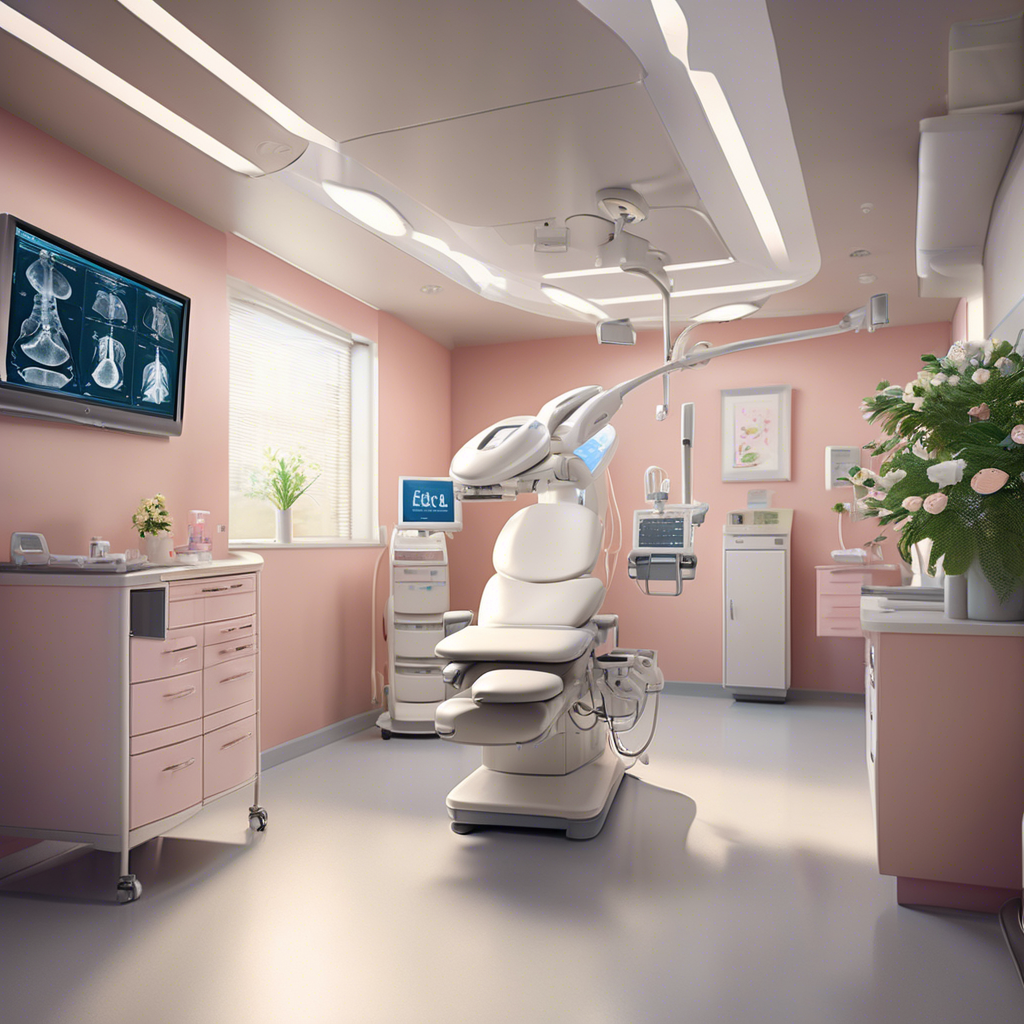
Cancer remains a formidable challenge in global health, persisting as one of the leading causes of mortality across all demographics. However, amidst this daunting reality, there's a beacon of hope: early detection. For women, in particular, cancer screening plays a critical role in not only identifying disease in its nascent stages but also in enabling timely intervention that can significantly improve treatment outcomes. Regular screenings for cancers prevalent among women—such as breast, cervical, ovarian, and colorectal cancers—serve as a vital preventative shield, ensuring health preservation and an enhanced quality of life. Early detection is so powerful that it can sometimes transform a potentially life-threatening diagnosis into a manageable health condition, emphasizing the importance of vigilance in women’s health care routines.
The process of cancer screening operates on the principle of identifying changes in the body before symptoms manifest. This preemptive approach is remarkably effective; catching cancer early usually means treatments can be less invasive and less disruptive. Take mammography, for instance: a simple X-ray of the breast that can detect small tumors that are not yet palpable. It’s recommended that women over the age of 40 undergo regular mammograms, with those having a family history of breast cancer starting earlier. Similarly, the Pap smear—a clear powerhouse in women’s health—has revolutionized the diagnosis and prevention of cervical cancer. By detecting precancerous cells and HPV infections, Pap tests significantly reduce the risk of cervical cancer developing. Another critical, though less discussed, screening is for colorectal cancer, a disease that affects both men and women but often flies under the radar until advanced stages. Starting screenings by the age of 45, using methods such as colonoscopies, can find precancerous polyps that are easily treatable if caught early, demonstrating the lifelong benefits of maintaining scheduled screenings.
Despite the demonstrable benefits of cancer screenings, various challenges impede many women from reaping their full protective potential. Lack of awareness penalizes millions who either don't know when or how often to get screened or misunderstand the risks involved. Fear is another major hurdle; the anxiety associated with medical tests or the dread of positive results can discourage timely check-ups. Even logistical barriers such as busy schedules, forgotten appointments, and access to healthcare facilities can result in delayed or missed screenings. Fortunately, as healthcare continues to integrate advanced technology, new solutions emerge to address these obstacles. Innovations in personalized health care, powered by artificial intelligence (AI), are providing women with smarter, easier ways to stay on top of their screening schedules and health goals.
Enter OncoPreventer, an AI-powered health assistant designed to revolutionize cancer prevention and early detection for women. OncoPreventer adapts modern technology to the nuanced needs of women’s health management, ensuring that no one-size-fits-all blueprint forces a cookie-cutter approach to cancer care. By analyzing individual factors such as age, family history, lifestyle, and personal health data, this innovative tool creates customized screening schedules that evolve with the user’s health journey. It alleviates the burden of remembering appointment dates through smart, stress-free reminders sent via web platforms, Telegram, or WhatsApp, making adherence to recommended screenings both simple and accessible regardless of location or daily commitments. Moreover, OncoPreventer answers the complex questions women often have about their health in an understandable, jargon-free manner, thus empowering them with knowledge to make informed decisions. Visual progress tracking further remains a key feature, offering users an interactive timeline of past screenings and upcoming health milestones, fostering motivation and confidence in managing their wellbeing. This seamless blend of AI and expert medical guidance transforms cumbersome healthcare routines into streamlined, engaging experiences.
Ultimately, the power of proactive, preventative care cannot be overstated. Tools like OncoPreventer not only mitigate the risk of late-stage cancer diagnoses but also alleviate the emotional strain often associated with managing healthcare schedules and understanding medical information. By personalization, timely reminders, and clear education, women gain peace of mind and control over their health outcomes. Integrating AI technologies into cancer prevention strategies exemplifies the future of healthcare, where patient-centered care meets cutting-edge innovation. In doing so, it underscores a vital message: prevention is not just a healthcare mandate but a profoundly empowering act. By embracing AI-driven solutions, women can look forward to a future where cancer screenings are less intimidating, more accessible, and unquestionably effective in safeguarding their health for years to come.
#CancerScreening #WomensHealth #EarlyDetection #AIHealthTech #OncoPreventer #PreventativeCare #HealthInnovation
Leave a Reply